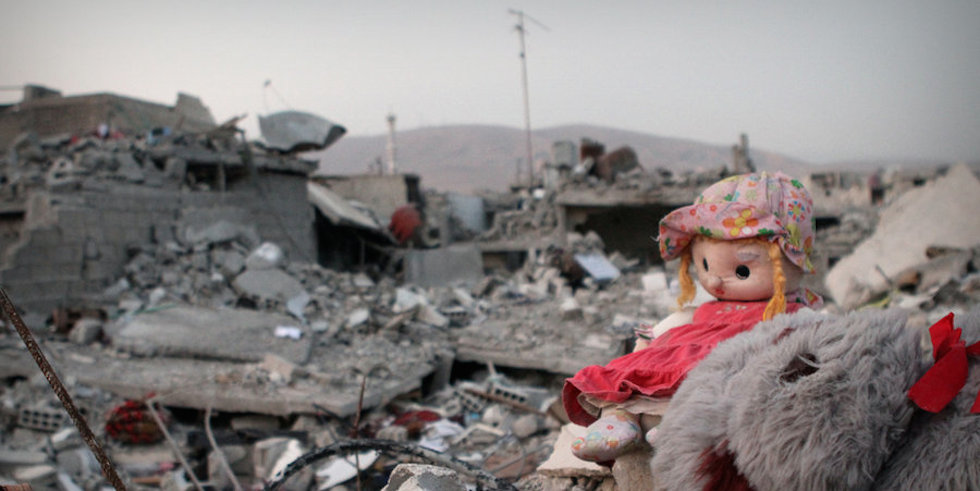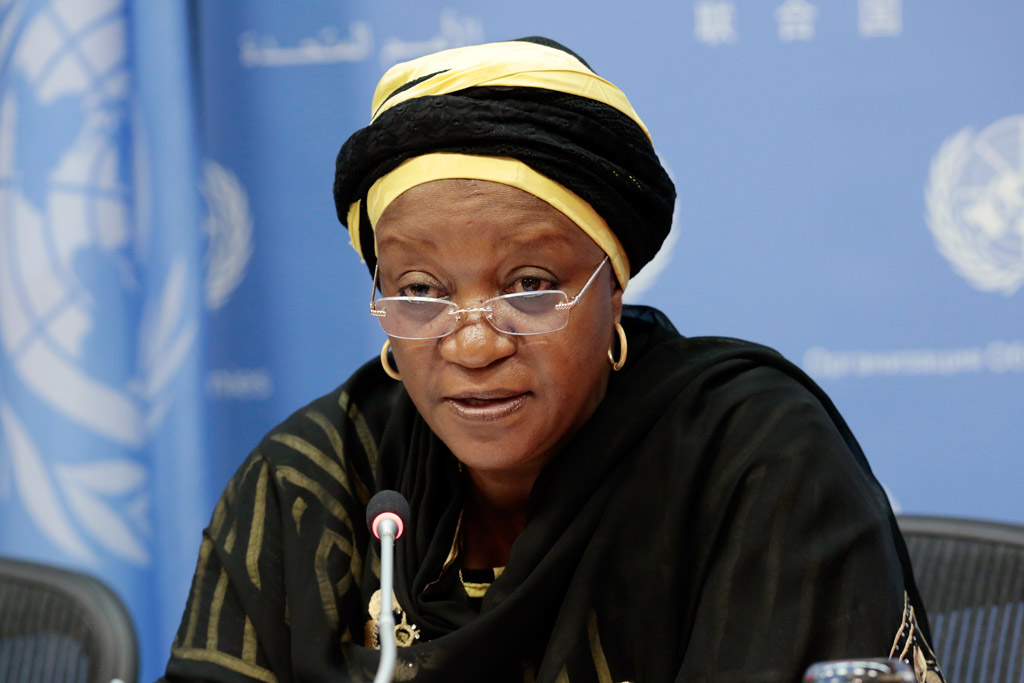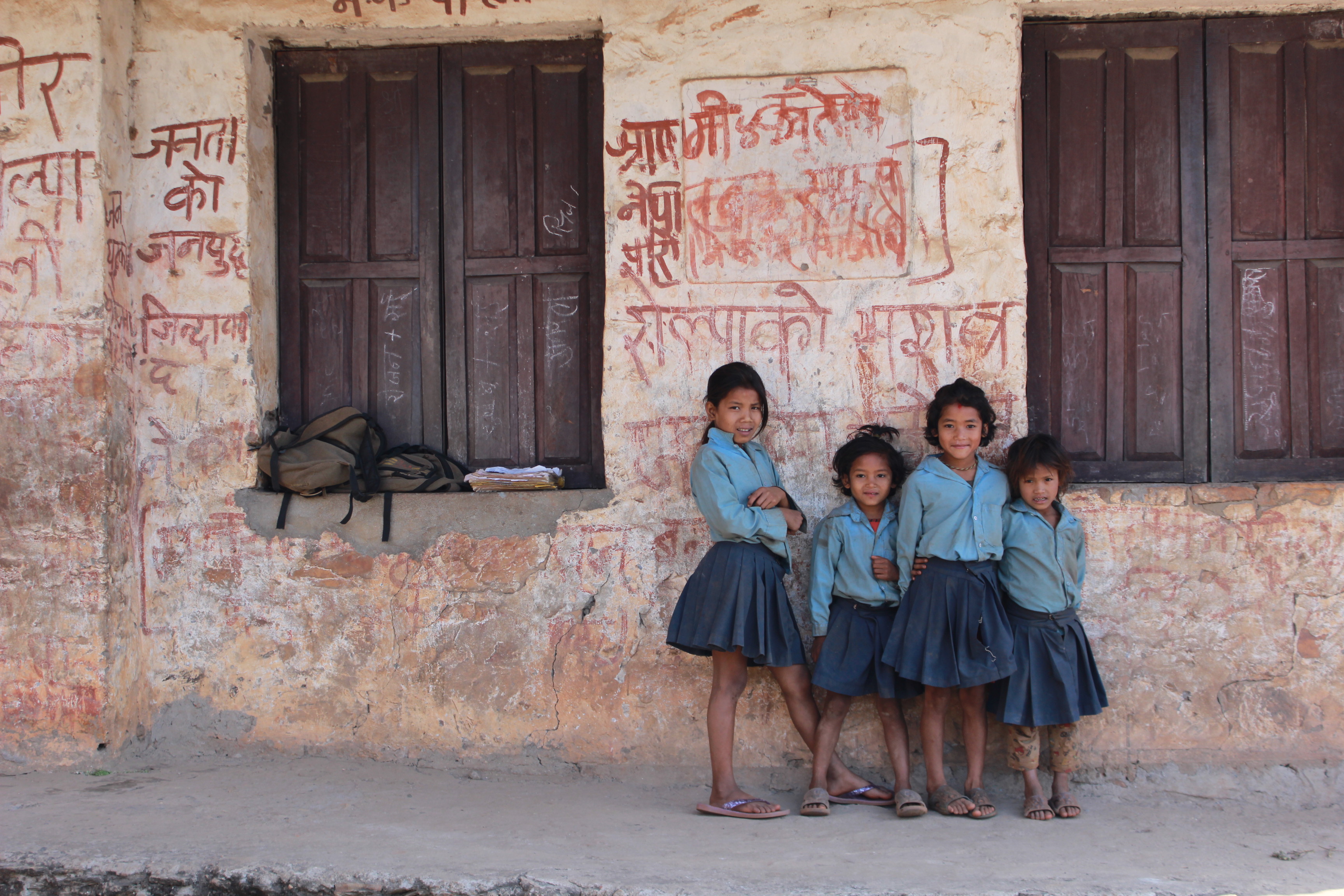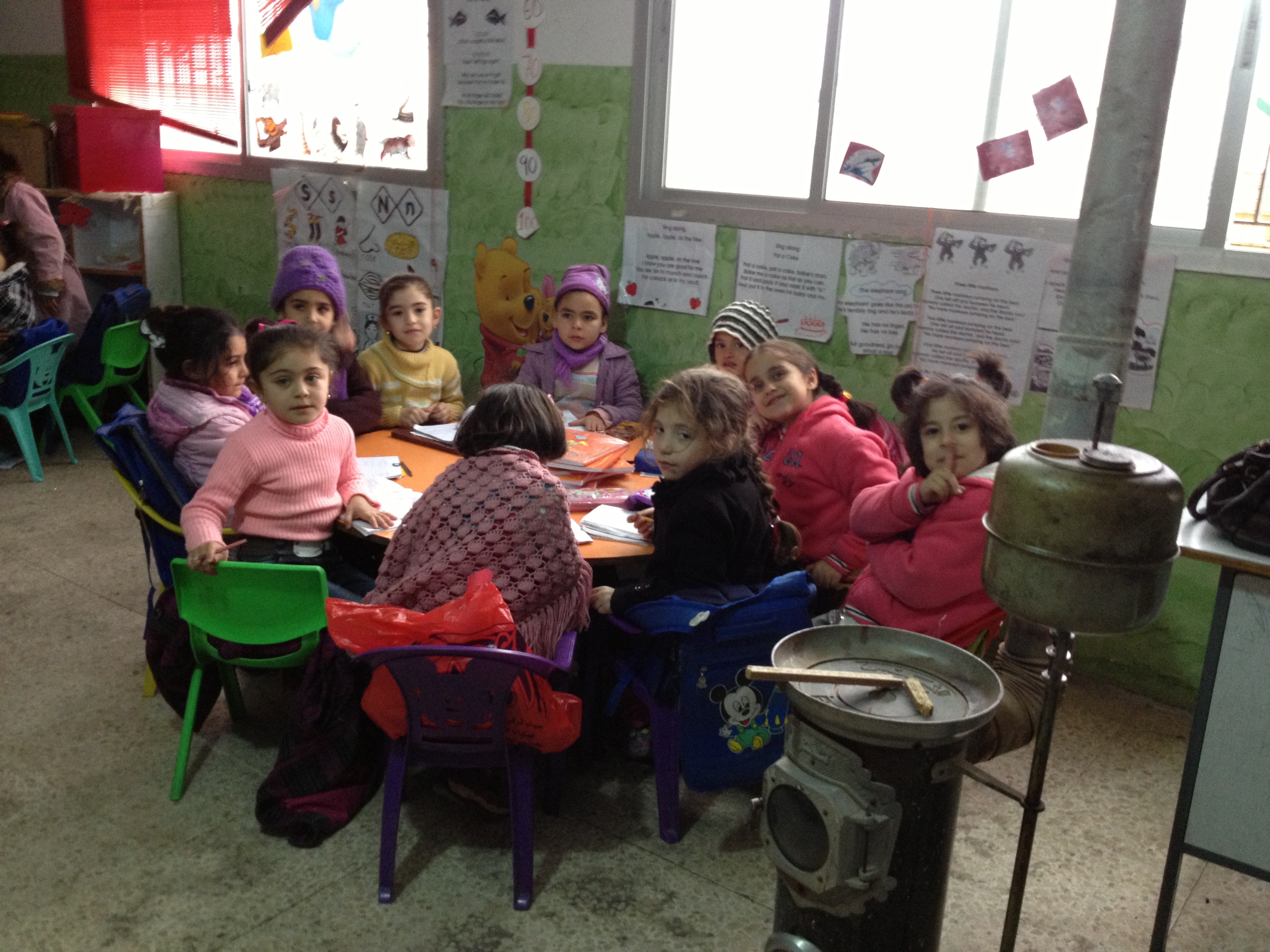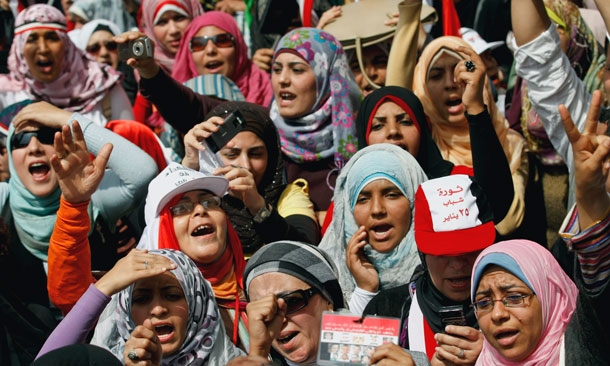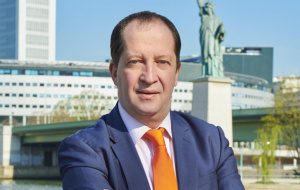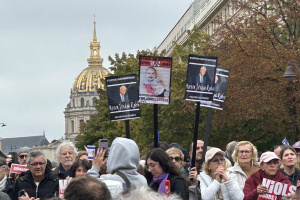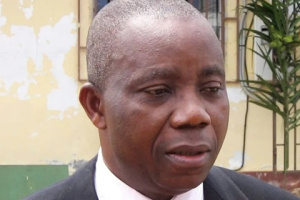During the Women’s Advancement Forum in Johannesburg, South Africa, last May, Almas Jiwani received the 2013 MDG Meritorious Award to reward her hard and long-lasting work in favour of women’s empowerment around the world. Now CEO of UN Women Canada, she used to be the vice-chair of the Aga Khan Council for Canada, where she worked with refugee women. With her expertise on business development, she also worked on women’s education projects in the developing world, and helped build socially responsible businesses.
On the occasion of receiving this award – one of many – , Almas Jiwani talked with Opinion Internationale about her work with UN Women Canada, about women’s situations around the world, and shared her hope for a gender equal future.
OI: Why did you decide to dedicate your life to improve women’s conditions around the world?
A.J.: When I immigrated to Canada in my early teens from Africa, I noticed that many communities had apathetic attitude towards women and did not allow them an environment for their intellectual and social growth. It was during these times, that I witnessed the work of the Aga Khan IV to change this general dis-empowering attitude various communities held towards girls and women. I also realised the importance of making a difference in the lives of the underprivileged, alleviating poverty, and uplifting women in society. This realisation inspired me to begin volunteering with initiatives to promote women and advocate for their empowerment.
Gender based violence is still present in Canada. What actions has UN Women Canada conducted against it?
National committees support the mission of UN Women through their dynamic membership programmes, public education about UN Women and global women’s issues, and private sector fundraising to support UN Women programmes worldwide. As of present, there are 18 national committees for UN Women across the globe, including the Canadian Committee. Our greatest impact in Canada is influencing policy, partnering with local organisations, and engaging the population to stand together to prevent violence against women.
What are UN Women Canada’s last achievements in the fight for women’s empowerment?
UN Women is working hard for the rights of women worldwide. In Canada, as a National Committee of UN Women, we are partnering with several important initiatives. Recently, we joined the Aga Khan Foundation Canada’s World Partnership Walk to fight global poverty, which was very successful. We aim to open regional UN Women Canada offices in several provinces to ensure that all of Canada’s women are being represented and that our mandate resonates all over the country. I am also pleased to say that UN Women Canada is expanding internationally. As the President and CEO of UN Women Canada, I have had the privilege to travel around the world, from Uganda, to Paris, South Africa, Tunisia to name a few, to celebrate our achievements and speak on areas that need attention.
In tough economic times, issues like rights, environment etc. take a back seat. How can this hurt the world?
Economics do not operate in a vacuum. Our societies and economies are inextricably linked to our environment, as demonstrated by the negative economic impacts of natural disasters, drought and resulting famine. Likewise, in the absence of human rights and equality, our social conditions can lead to significant economic interruptions in the form of riots, coups and the Occupy movement, for example. Progress and economic growth is interdependent on a number of factors and in order to achieve sustainable, meaningful social advancements and economic growth, we cannot focus on fiscal measures and stimulus packages alone.
What practical steps would you suggest to women, especially those not on strong financial footing, to empower them?
Women can empower themselves by seeking out opportunities for education and skills advancement. There are an increasing number of organisations offering free seminars and training programmes that help foster business skills, financial literacy, second language training as well as other skills and encourage networking and mentoring. It is important that women take control of their resources and educate themselves about financial products and services to ensure they are receiving the best possible services and products for their needs and that they understand the risks and opportunities associated with them.
Women also can empower themselves by making themselves politically engaged and aware and by voting for representatives who will work towards their best interests, protect their rights and encourage gender equitable policies and legislation.
In addition to political awareness, women also need to educate themselves and be aware of their rights, the resources available to them in the event that these rights are violated, and the means of recourse in order to seek justice.
While women’s role has changed over the years, there still are not enough women at top jobs. Why do you think is that and how can it be improved?
Despite a great deal of progress, women still face a glass ceiling to some extent. In developed countries, this can partly be attributed to conditions of the work schedule that originate when men worked and women stayed home. For example, day-care costs can be extremely high, particularly for young children, impeding women’s ability to work traditional nine-to-five hours that do not align with school hours for children. Increasingly, women are also falling into the ‘sandwich’ generation, where they are finding themselves caring for their young children and their aging parents at the same time. As women continue to fulfil the greatest role as family caregiver, these responsibilities can be extremely time consuming and challenging, preventing women from seeking or accepting promotions to more demanding and time-consuming jobs. In developing countries we see problems due to cycles of poverty and a lack of investment in education for young girls.
Are you nonetheless optimistic for gender equality?
I fully believe that we are on the road to achieve equality. Based on my varied speaking engagements in Asia, Africa, Europe and North/South America, I can safely ascertain that incremental shifts in the way societies think and how those in power approach the issue are occurring. Gender inequality still exists in every country. However, overall, governments are being compelled by civil society to take action to bring real change in the field.
Despite our hurdles, I firmly believe that we have made significant gains in several areas of the MDGs [Millenium Development Goals], and there is no reason why we cannot see the same results for gender equality. The most recent findings of the High-Level Panel report Post-MDG 2015 unveil the powerful potential held by Civil Society and the UN System to improve millions of women’s lives by 2030. I think that we are moving in the right direction, and by ensuring that the fight for gender equality remains at the forefront of national and international agendas, I am confident that the waves of change that champion equality of the sexes will continue to engulf countries, regions, villages and towns in their positive currents.












